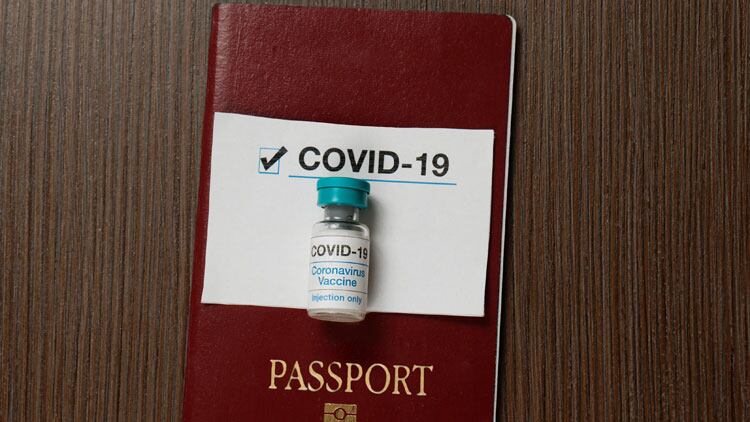Trade bodies have said the decision, which will mean people over the age of 18 in Scotland will need to show they have had both doses of the vaccine before they are allowed entry to nightclubs and other large-scale events from 1 October, is 'extremely disappointing' and puts the country's already fragile night-time economy on a 'dangerous path to devastation'.
Despite opposition from the Conservatives, Labour and Liberal Democrats, the 'vaccine passport' plan was formally approved by Holyrood last night (9 September) after the SNP and Greens voted in favour.
As well as nightclubs, 'vaccine passports' will be required in Scotland for unseated indoor live events with more than 500 people in the audience; unseated outdoor live events with more than 4,000 people in the audience; and any event, of any nature, which has more than 10,000 people in attendance.
The requirement for full vaccination does not include staff, contractors, performers or volunteers involved in the delivery of the event.
Deputy First Minister John Swinney said the system would reduce the risk of transmission and help prevent venues from having to close again due to Covid-19.
Venues subject to the scheme will be able to download a free QR code verifier app to a smartphone or device from next week, and will be required to check a customer’s QR code to ensure the record of vaccination is genuine.
Detailed guidance on how to use this verifier app is currently being developed, and there will also be options for venues to integrate the verifier functionality into their own systems as the source code is open.
In the wake of the decision, the Night Time Industries Association (NTIA) has announced plans to challenge the legislation.
"The vote on Covid-19 'vaccine passports' in the Scottish Parliament has put an already fragile night-time economy on a dangerous path to devastation," says Michael Kill, CEO of the NTIA.
"The Scottish Government has targeted the late night economy throughout this pandemic. Our industry has gone to exceptional lengths to support the public health strategy in Scotland, and have been led to believe that consultation would be considered and enacted upon, but instead, we have been met with empty promises and hollow words.
"Thousands of people in Scotland's night-time economy have lost jobs, businesses are overburdened with debt, and many have not survived."
"The call for evidence from the Scottish Government has been ignored, and has left us no option but to challenge this as an industry in the coming weeks, or we will suffer the catastrophic consequences of ill-thought-out policy."
A paper published by the Government on Thursday morning said officials were still working to define what a nightclub actually is. It also said evidence was still being gathered about the effectiveness of similar schemes elsewhere in the world.
There are understood to currently be no plans up to extend the policy to other hospitality settings in the future, but the Government has said the scheme will be kept under regular review.
“This vote, whilst expected, is still extremely disappointing," says Leon Thompson, UKHospitality Scotland executive director.
"The Scottish Government has not listened and now our businesses face just three weeks in which to prepare for a policy that will put further economic and resourcing pressures on them.
"The Scottish Government has not consulted with hospitality, it has not produced any credible plans for the introduction of passports and it has not even defined what a nightclub is. This leaves many businesses fearful that they will fall within scope of this legislation and concerned about the open-ended costs they might now face.
“UKHospitality Scotland will continue to push for solutions to ensure the worst effects of this policy are mitigated, so our members can continue to work towards recovery.”
Earlier this week it was confirmed that Covid vaccine certificates will be required for entry into nightclubs and other mass indoor venues in England from the end of this month.
There are no current plans to introduce a similar scheme in Wales or Northern Ireland.




